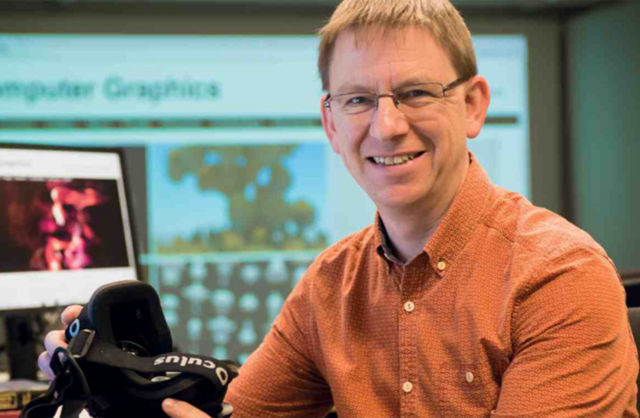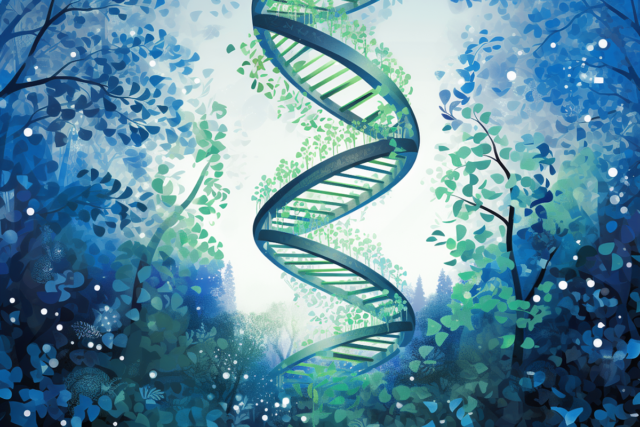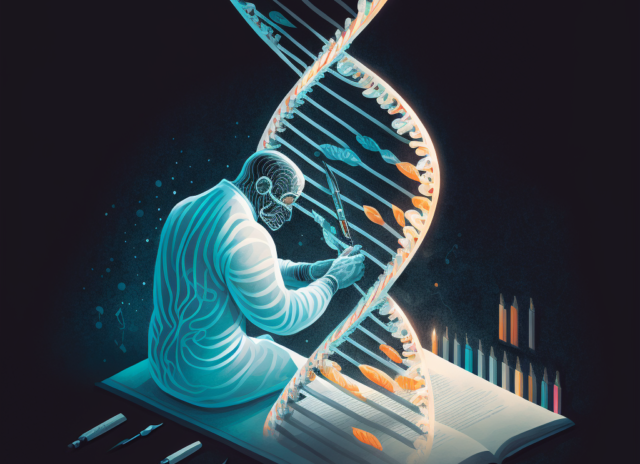


ISCAST-CASE* (Sydney) Lecture, at New College, UNSW – Tues. 27th September 2016 at 7.30 pm
Title: The Laws of Nature: the ancient origins of a modern scientific puzzle, and its relationship to Christianity
Audio mp3 files of Dr Chris Forbes’ lecture and the Q & A session following it, and pdf copy of his lecture outline are available for downloading now. (N.B., to save mp3 files to your computer, use right-click and choose ‘Save link as…’)
Audio of Lecture: Download [10.2 MB]
Audio of Q&A session: Download [5.2 MB]
PDF of Lecture Outline: Download [20 KB]
Abstract: Where did the idea develop that nature has “Laws”? Classical mythology assumed that things happened in the world due to the will of particular gods. If Zeus decided that Troy was doomed to fall, Troy would fall. If Athena could persuade him otherwise, things might change. But there might be things that not even Zeus could change, for Fate was more powerful than the gods, and Fate was inscrutable. But at some stage in the sixth century B.C. in Greece, the idea began to develop that the world was not run by the arbitrary will of a god, or by the equally arbitrary power of Fate. Instead it had rules which, in principle, people could understand, and even use to predict events. The idea took shape that not only did particular society have laws: Nature itself had laws.
But laws of what kind? And on what were they based, and what “enforced” them? Over the following centuries various thinkers formulated different options. Was it the nature of matter itself which dictated the “laws of nature”? Was it the forces which shaped matter? Or was it something beyond the material realm which “governed” that realm, whether Platonic “ideas” or Pythagorean mathematics? Was God himself the one who enforced the “laws of nature”?
If He was, where did the “Laws” come from? Were they inherent in the nature of things, or did they express the “will” of God, or proceed from His nature in some other way? Early Christian thinkers took up and developed these ideas, and usually argued that the “laws” were derived from God’s creative act or His own nature. This version of Christian thinking inspired the words of the famous hymn of Edward Osler in 1836, expressing certainty not only that there were laws of nature, but also that God was their source:
Praise the Lord! for he hath spoken; worlds his mighty voice obeyed: Laws, which never shall be broken, for their guidance he hath made.
Modern science is no longer sure that there is a God who made the Laws, but still seems confident both that there are such laws, and that they explain the order of the world. Can the history of the discussion throw new light on the relationship between theology and science?
Biosketch: Dr Chris Forbes is a Senior Lecturer in Ancient History, and Deputy Chairman of the Society for the Study of Early Christianity. His fields of research and teaching focus on New Testament history, Alexander the Great and Hellenistic history, Graeco-Roman History of Ideas and the intersection of early Christianity and Graeco-Roman culture. His current research is in the field of the relationship between religion and philosophy in Graeco-Roman thought. He gained his BA (Hons I) Dip.Ed. in Ancient History at Macquarie in 1978, and his PhD in Ancient History in 1987. He has taught at Macquarie in various positions since 1985, full time since 1987, and was appointed Senior Lecturer in 2001. He is a member of the Society for Biblical Literature and the Tyndale Fellowship.
N.B. Please also note that resource material from Dr Chris Forbes’ ISCAST-CASE lecture can also be obtained by going to the link: https://iscast.org/resources, clicking on ISCAST Presentations and clicking on the appropriate lecture.
*ISCAST – https://iscast.org; **CASE – http://case.edu.au/














